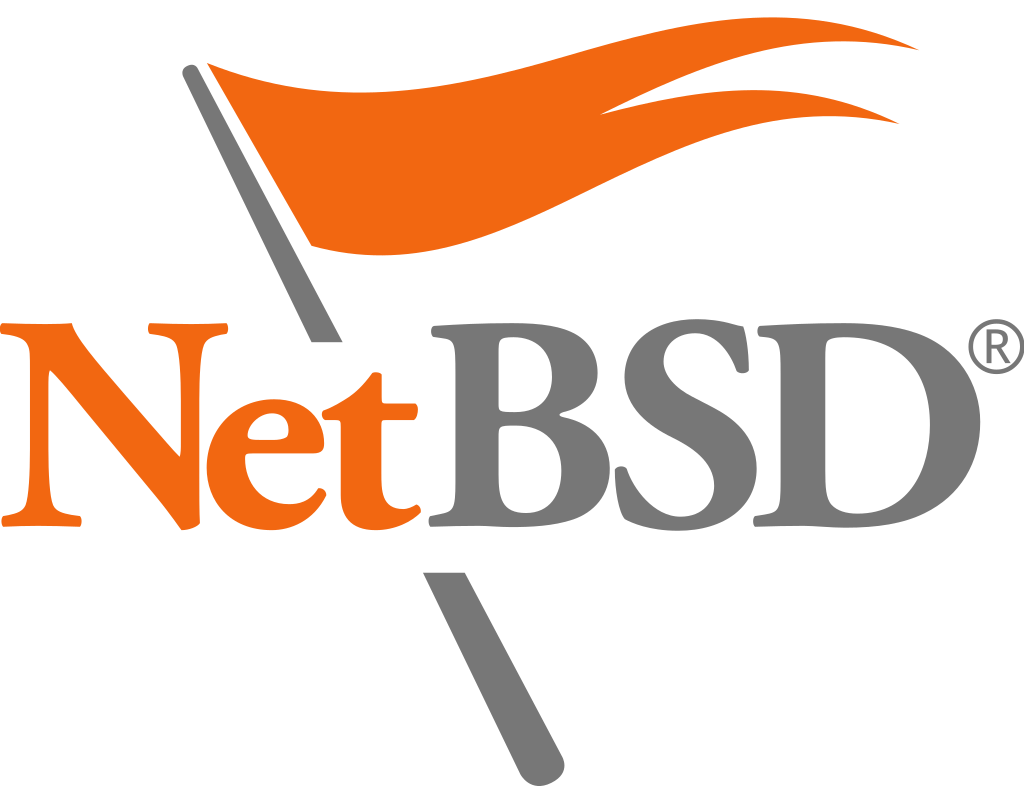BSD
FreeBSD
FreeBSD is a free and open-source Unix-like operating system descended from the Berkeley Software Distribution (BSD). The first version of FreeBSD was released in 1993. In 2005, FreeBSD was the most popular open-source BSD operating system, accounting for more than three-quarters of all installed and permissively licensed BSD systems.
FreeBSD has similarities with Linux, with two major differences in scope and licensing: FreeBSD maintains a complete system, i.e. the project delivers a kernel, device drivers, userland utilities, and documentation, as opposed to Linux only delivering a kernel and drivers, and relying on third-parties for system software; FreeBSD source code is generally released under a permissive BSD license, as opposed to the copyleft GPL used by Linux.
The FreeBSD project includes a security team overseeing all software shipped in the base distribution. A wide range of additional third-party applications may be installed from binary packages using the pkg package management system or from source via FreeBSD Ports, or by manually compiling source code.
Much of FreeBSD’s codebase has become an integral part of other operating systems such as Darwin (the basis for macOS, iOS, iPadOS, watchOS, and tvOS), TrueNAS (an open-source NAS/SAN operating system), and the system software for the PlayStation 3 and PlayStation 4 game consoles. The other BSD systems (OpenBSD, NetBSD, and DragonFly BSD) also contain a large amount of FreeBSD code, and vice-versa.
OpenBSD
OpenBSD is a security-focused, free and open-source, Unix-like operating system based on the Berkeley Software Distribution (BSD). Theo de Raadt created OpenBSD in 1995 by forking NetBSD 1.0. The OpenBSD project emphasizes portability, standardization, correctness, proactive security, and integrated cryptography.
The OpenBSD project maintains portable versions of many subsystems as packages for other operating systems. Because of the project’s preferred BSD license, many components are reused in proprietary and corporate-sponsored software projects. The firewall code in Apple’s macOS is based on OpenBSD’s PF firewall code, Android’s Bionic C standard library is based on OpenBSD code, LLVM uses OpenBSD’s regular expression library, and Windows 10 uses OpenSSH (OpenBSD Secure Shell) with LibreSSL.
The word “open” in the name OpenBSD refers to the availability of the operating system source code on the Internet, although the word “open” in the name OpenSSH means “OpenBSD”. It also refers to the wide range of hardware platforms the system supports.

NetBSD
NetBSD is a free and open-source Unix operating system based on the Berkeley Software Distribution (BSD). It was the first open-source BSD descendant officially released after 386BSD was forked. It continues to be actively developed and is available for many platforms, including servers, desktops, handheld devices, and embedded systems. The NetBSD project focuses on code clarity, careful design, and portability across many computer architectures. Its source code is publicly available and permissively licensed.

DragonFly BSD
DragonFly BSD is a free and open-source Unix-like operating system forked from FreeBSD 4.8. Matthew Dillon, an Amiga developer in the late 1980s and early 1990s and FreeBSD developer between 1994 and 2003, began working on DragonFly BSD in June 2003 and announced it on the FreeBSD mailing lists on 16 July 2003.
Dillon started DragonFly in the belief that the techniques adopted for threading and symmetric multiprocessing in FreeBSD 5 would lead to poor performance and maintenance problems. He sought to correct these anticipated problems within the FreeBSD project. Due to conflicts with other FreeBSD developers over the implementation of his ideas, his ability to directly change the codebase was eventually revoked. Despite this, the DragonFly BSD and FreeBSD projects still work together, sharing bug fixes, driver updates, and other improvements.
Intended as the logical continuation of the FreeBSD 4.x series, DragonFly has diverged significantly from FreeBSD, implementing lightweight kernel threads (LWKT), an in-kernel message passing system, and the HAMMER file system. Many design concepts were influenced by AmigaOS.